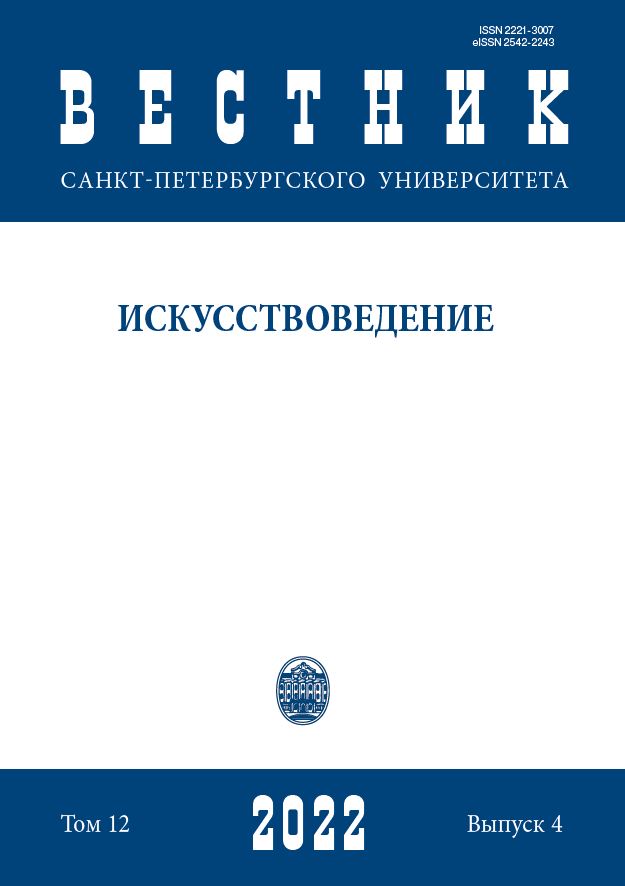Voluntary and Lesson in English Music Sources of the 17th and 18th Centuries
DOI:
https://doi.org/10.21638/spbu15.2022.401Abstract
The article focuses on the use Voluntary and Lesson as terms in the English musical practice in the 17th and 18th centuries. Based on the unique example of the interpretation of these terms as synonyms in edition of Carl Trinks’s organ pieces in 1810 (this fact is remained unnoticed in musicology), the author compares Voluntary and Lesson, noting, first of all, significant differences in the use of these specific names of musical compositions and also paying attention to the reflection of this practice in the general and musical lexicographic sources of that time. The author also criticizes a number of ideas that have already been established in Western musicology. For example, he does not agree with the interpretation of a small fragment from the “Mulliner Book” entitled Voluntarye as an independent keyboard piece by R. Farrant, and he doubts the real existence of the 12-movement J. Ch. Pepush’s Voluntary (published only in 1988) as a single musical work. But most importantly, he opposes spread of the Voluntary concept to all polyphonic organ works by English composers of the 17th and 18th centuries (including organ compositions from M. Locke’s “Melothesia”, many Th. Roseingrave’s fugues, etc.). The author notes the term Lesson was used more variously than modern musicology interprets, extending not only to solo (mainly keyboard) music, but also compositions for melodic instruments with basso continuo and even ensembles, as well as instructive exercises and simple compositions for beginners.
Keywords:
Voluntary, Lesson, English music, keyboard instruments, fugue, sonata, terminology, lexicography
Downloads
References
Downloads
Published
How to Cite
Issue
Section
License
Articles of "Vestnik of Saint Petersburg University. Arts" are open access distributed under the terms of the License Agreement with Saint Petersburg State University, which permits to the authors unrestricted distribution and self-archiving free of charge.






